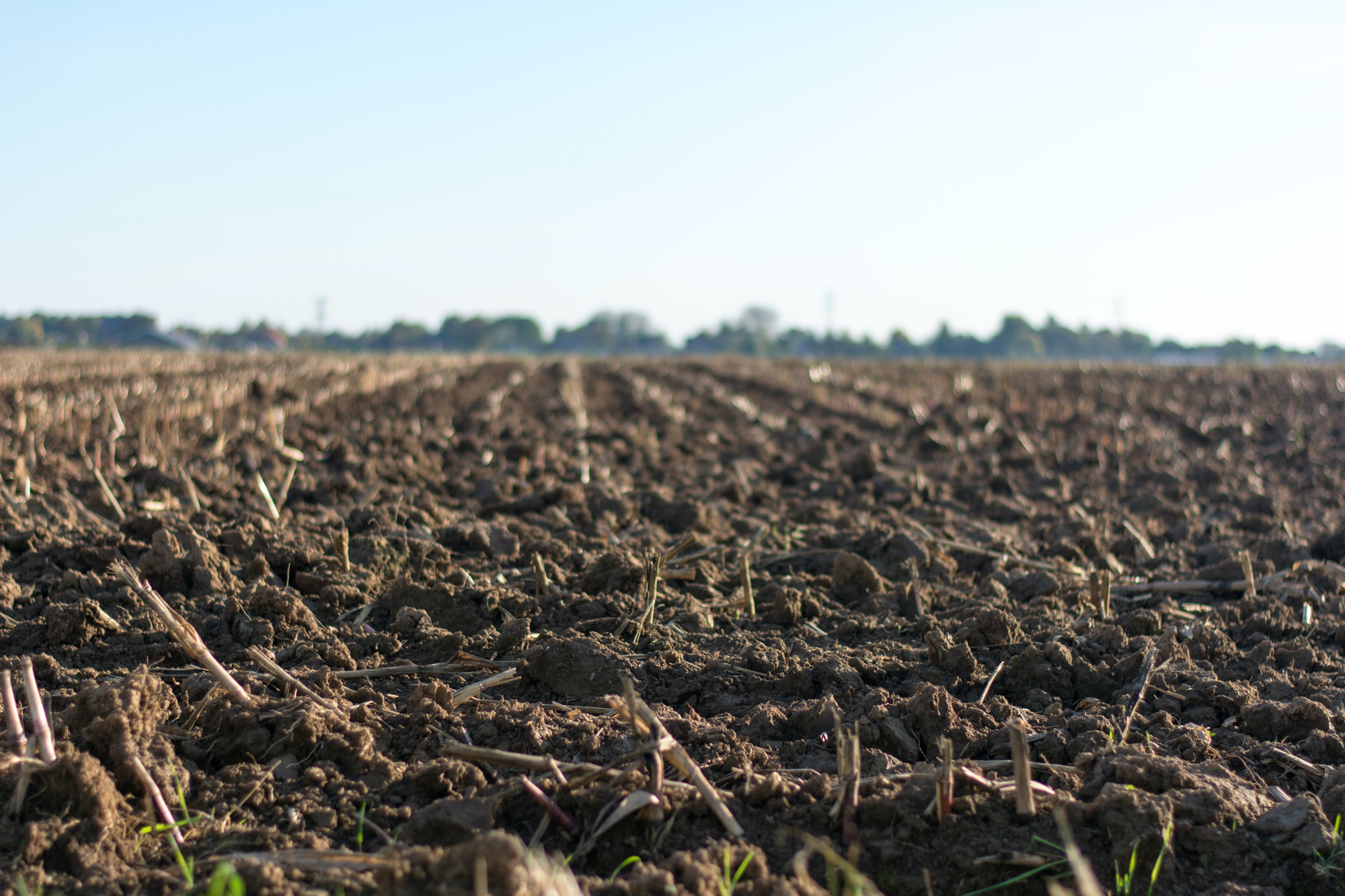
According to a new Berkeley Food Institute policy brief, improving soil health can support beneficial plant-microbe interactions and allow roots to grow more widely and deeply—letting crops withstand water stress while maintaining productivity.
A new policy brief from the Berkeley Food Institute (BFI) outlines how better soil health management practices may improve climate resilience and drought tolerance in crops.
Based on interviews with nut and leafy greens farmers in the Central Coast and the Central Valley and a statewide survey of 140 agricultural extension personnel, the findings will help growers better contend with intensifying climate change and a stressed water supply and serve as the basis for recommendations to state policymakers.
Increased reliance on groundwater has caused rapid depletion of reserves in many regions and prompted state regulators to make groundwater use more sustainable. With growers forced to adapt to a future with less water, healthy soil practices—like cover cropping, planting hedgerows, and reducing tillage—will become essential to making the best use of rainfall and stewarding irrigation inputs wisely.
According to the brief, healthy soils can support beneficial plant-microbe interactions and allow roots to grow more widely and deeply. This lets crops withstand water stress while maintaining productivity.
Joanna Ory, a postdoctoral fellow in the Department of Environmental Science, Policy, and Management; Timothy Bowles, ESPM professor and BFI faculty co-director; Alastair Iles, ESPM professor and BFI founding faculty co-director; and Sakeenah Shabazz, BFI policy assistant, contributed to editing and publishing this brief.
Visit the Berkeley Food Institute website for the full brief and list of recommendations.
